2024-12-09 18:30:53|Myriagame |source:minecraft skins
This tutorial is from MC Encyclopedia (MCMOD.CN) using the CC By-NC-SA protocol.
This tutorial is an introduction to the development process of Gray Technology 6
Energy chapter
Version number: 6.05.27
Author: IIIIIOI
Xie Ming: Gregoriust, Patreon, Mojang, MCMOD Encyclopedia, MCBBS
The most noticeable of the Gray series is the compatibility of its heartbreaking madness. At 6 o'clock, Gregoriust no longer satisfies the synthesis and unity, and his goal has shifted from material to energy ...
Before the official talk, let me tell you a good news and a bad news
The good news is that Gray 6 has been compatible with IC grid and RF energy
As for bad news, uh, I will talk about it for a while
Part1: Energy Types
Gray 6 added 12 energy, namely:
Hu: Heat Unit (thermal energy)
SU: Steam Unit (G fat can steam energy)
TU: Time Unit (time energy)
RU: Rotary Unit (rotating energy)
KU: Kinetic Unit (kinetic energy)
EU: Electic Unit (Electricity)
MU: Magnet Unit (magnetic field energy)
CU: Cold Unit (cooling energy)
Lu: Laser Unit (laser energy)
QU: Quantom Unit (quantum energy)
RF: Redstone Flux
GU: Greg Unit
Note: GU is a nominal energy that cannot be produced, but in NEI, all energy consumption (except TU) appears in the form of GU.
Note: HU and KU and IC are not universal.
Although Gray 6 has added a lot of energy, it can be roughly divided into three categories
1. Mass production energy: Hu, RF, TU
These energy sources do not need to be transformed in secondary conversion, which can be produced directly
2. Storage Energy: EU, SU
These energy can be stored in large quantities and converted to other energy sources when needed
3. Application energy: KU, RU, LU, Q, MU, etc.
These energy can be accepted directly by the machine, but most of them cannot be stored
Part 2: production capacity method
1: HU
The most common way of production of HU is to directly burn items to get calories
At this time, you need a machine called a burning room
The bottom layer is solid burning room
The second floor is the liquid burning room
The third floor is the gas burning room
The materials are (from left to right): lead, 铋, bronze, Yin steel, steel, chromium, titanium, tungsten, tungsten steel
The burning room stops heat after the fuel is burned or the front is blocked by the square
Data of Solid Burning Room:
Data of liquid burning room:
Gas Burning Room Data:
Note: There are no gas and liquid burning rooms in lead, 体.
Note: All the burning rooms have a dense version. The fuel utilization rate of the dense version is the same as that of the ordinary version, but the heat production speed is 4 times that of the ordinary version.
Note: After the solid combustion chamber is blocked by the front, it needs to consume the fuel that is currently burned to stop heating, and the gas and liquid burning room will stop instantly.
Note: Every time the solid burning room consumes a fuel (except coking coal), a ashes will be produced, which must be cleaned in time.
Of course, if you are a RF sect, you can also use RF to produce Hu
The materials are (from left to right): aluminum, stainless steel, chromium, titanium, and note: In this version, the RF heater cannot be synthesized.
Note: The author believes that the Chineseization of these materials should be written by the Chinese group blind JB.
When it is automated in the later period, you can also use EU to produce Hu
You need to pinch a power heater
The materials are (from left to right): galvanized steel, aluminum, stainless steel, chromium, titanium
The power heater can convert 2eu to 1HU
Power heater data:
Material heat production efficiency HU/T energy power EU/T energy utilization rate%Galvanized steel
16
3250 aluminum 6412850 stainless steel 25651250 chromium 1024204850 titanium 4096819250
Note: The heating surface of the power heater can be rotated.
2: SU
Heat the water until boiling and you can get the SU
So you need a boiler
Of course, you are not a girl red, you can’t cover the boiler with your hands, so you also need a machine to produce HU
The materials are (from left to right): lead, 铋, bronze, Yin steel, steel, chromium, titanium, tungsten, tungsten steel
The boiler can use 60Hu to turn 1000Mb water/distilled water into 160Su
Each boiler has a certain amount of heat storage and upper limit
More than the upper limit of heat storage (excessive absorbing) will be melted like 坩埚
More than the pressure limit (too much SU) will explode like TNT
The boiler will slowly gay calcification, you can use the chisel to remove the calcification material
Boiler data:
Material production steam efficiency (ordinary) HU/T production steam efficiency (dense) HU/T heat utilization rate%Yingang 1664100 lead 1664100 铋 2080100 bronze 2496100 steel 32128100 titanium 128448100 chromium 112384100 tungsten steel 12851210000000000
Note: Use distilled water, the boiler will not be calcified.
Note: All boilers have a dense version. The dense version also uses 60Hu to turn 1000MB of water/distilled water into 160SU, but the SU speed is 4 times that of the ordinary version.
Note: When the pointer on the boiler reaches the red area, it means that the boiler is about to explode.
Note: When the boiler pointer is in the white area, the steam will be output normally.
Diagram
Of course, there are large steam boilers (multi -block structure)
There are two forms in total
(3 × 3 × 3)
(3 × 3 × 4)
The materials are (from left to right): stainless steel, titanium, tungsten, and Edman alloy
Large steam boilers can use 60hu to turn 1000Mb water/distilled water into 160Su
Construction method
Put a layer of thermal sensor first
Put on the core of the boiler and the dense sector
Note: The core of the boiler and the dense sector must be the same.
Note: The front of the core of the boiler must be facing outward.
Lay another layer of dense plates
Then (3 × 3 × 3) The production of large steam boilers is completed
Of course, you can also choose to spread another layer of dense sector
So (3 × 3 × 4) The production of large steam boilers is completed
Note: Do not seal the top layer to the top layer. The top layer and other layers are empty in the middle.
Note: The top level in the latest version needs to be sealed, but this version is not possible.
After the construction is completed, there will be four holes on the wall of the boiler
You can use a pipe to introduce water from the front of the core of the boiler into the boiler
Use the heater to heat the boiler from the side of the heat transmission sensor
The generated steam can be introduced from the four holes of the four walls
3: TU
When you first see the name of this energy, please do not link it with amphibians, otherwise there will be tanks behind your back?;/'/.
This energy can only be obtained through hang -up, but there are not many machines that directly need this energy, such as one of them like a coal -making solidifier.
4: RU
One of the most widely used energy (the other is KU).
It can be produced by turbine,
Unparalleled to be renewed ...

National Service DNF Dark Ni
2025-01-28 09:19:27
The new screenshot of the be
2025-01-28 09:18:57
The 15th anniversary wallpap
2025-01-28 09:18:27
3DM Xuanyuan Sinicization Gr
2025-01-28 09:17:57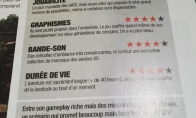
French magazine is the first
2025-01-28 09:17:27
The sneak game "Republic" wi
2025-01-28 09:16:57
The story between humans and
2025-01-28 09:16:27
Capture "Trinity 3: Artifact
2025-01-28 09:15:27
Wind direction change "Myste
2025-01-28 09:14:57
DICE's new project "Dream" w
2025-01-28 09:14:27
Pirate Minecraft Skins
Minecraft Skins
2024-12-10 04:11:27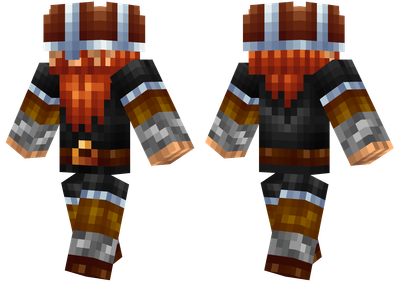
Pirate Minecraft Skins
Minecraft Skins
2024-12-10 04:11:26
Master Minecraft Skins
Minecraft Skins
2024-12-10 04:11:25
King Minecraft Skins
Minecraft Skins
2024-12-10 04:11:25
Guide Minecraft Skins
Minecraft Skins
2024-12-10 04:11:24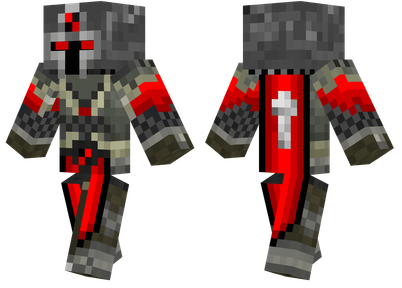
Dark Knight Minecraft Skins
Minecraft Skins
2024-12-10 04:11:23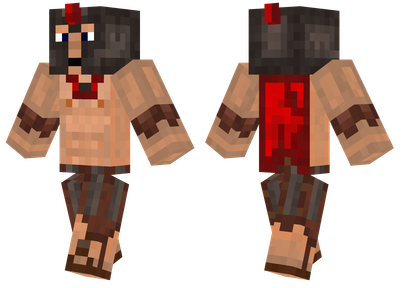
Sparta Minecraft Skins
Minecraft Skins
2024-12-10 04:11:23
Moncraft Skins of the War
Minecraft Skins
2024-12-10 04:11:22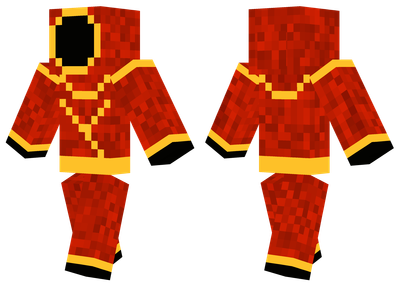
Red Witch Minecraft Skins
Minecraft Skins
2024-12-10 04:11:22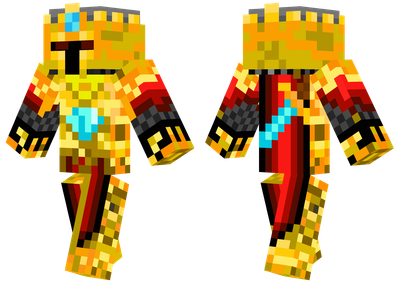
Golden Cavaliers Minecraft S
Minecraft Skins
2024-12-10 04:11:22